Stories of impact blog
When you support Oxfam, you help create a world without the inequality that fuels poverty. Here’s what that looks like for the communities we work with.
FEATURED STORY
What’s happening in Gaza, the West Bank and Lebanon?
On 15 January 2025, a temporary ceasefire was announced, coming into effect on 19 January. Here's the latest update on the situation in Gaza and the wider region.
Read More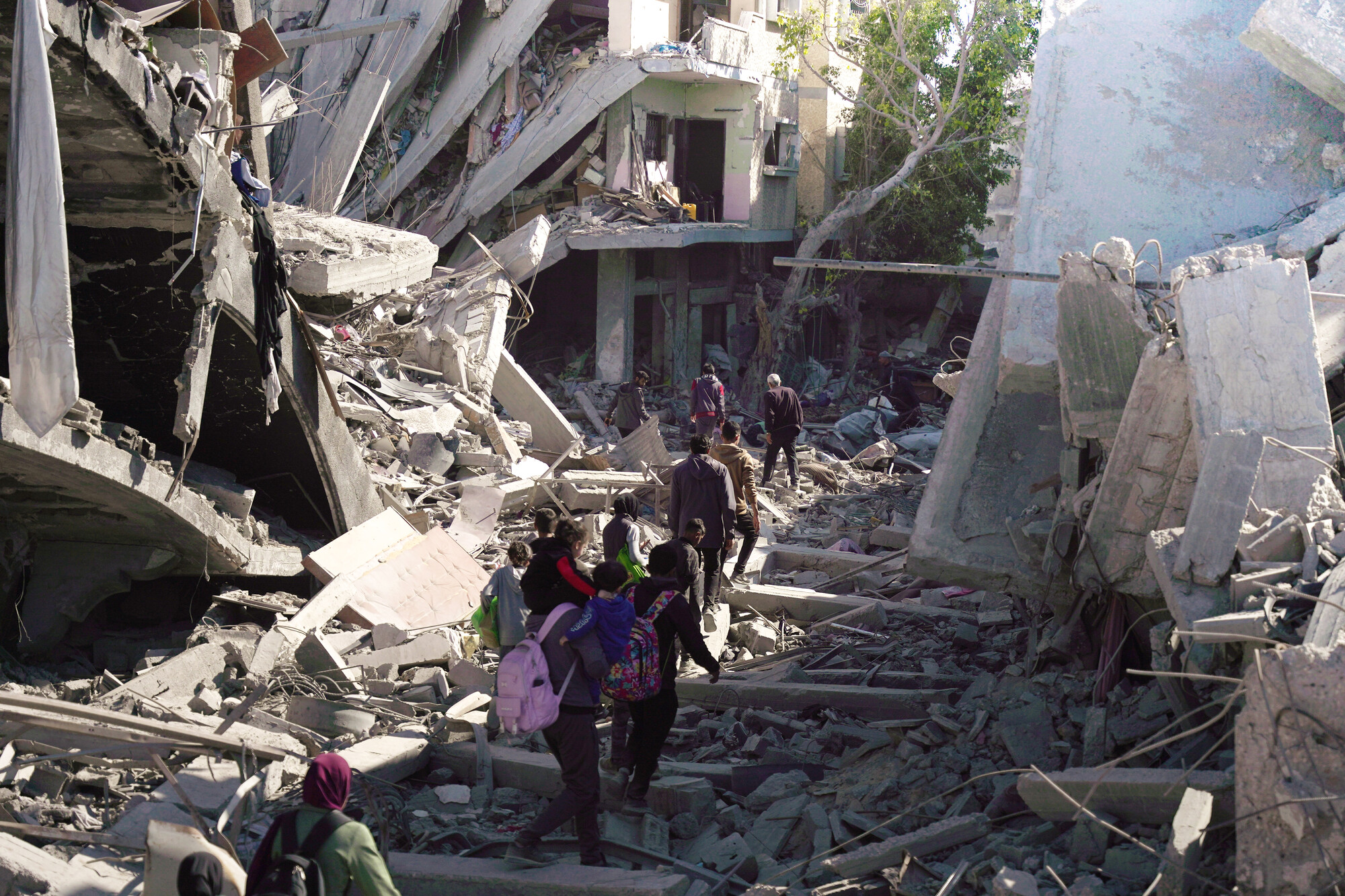
Popular categories
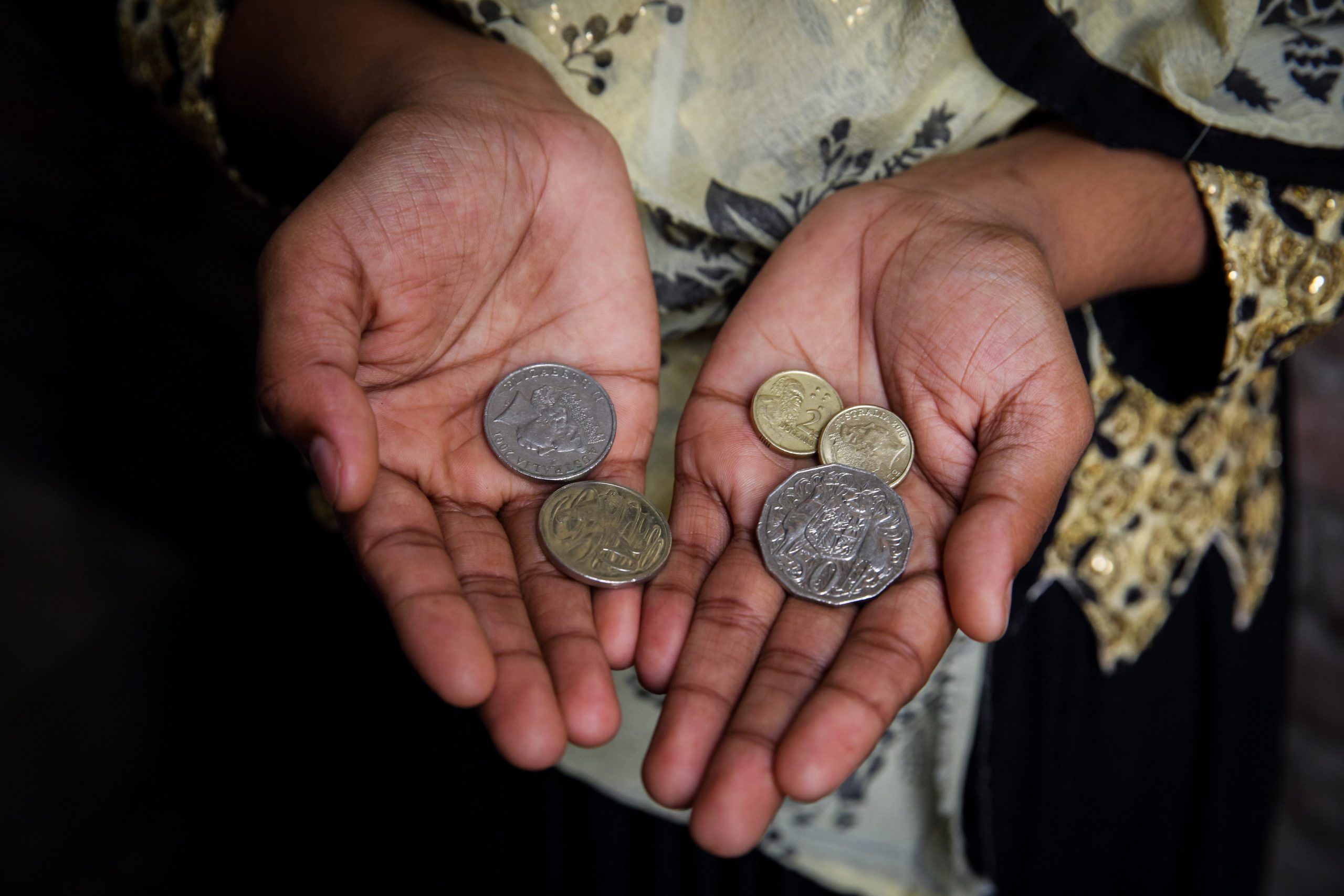
The shameful truth behind the clothes we love
Oxfam has just released research that exposes the shameful truth – a tiny portion of the retail price of clothing...
READ MORE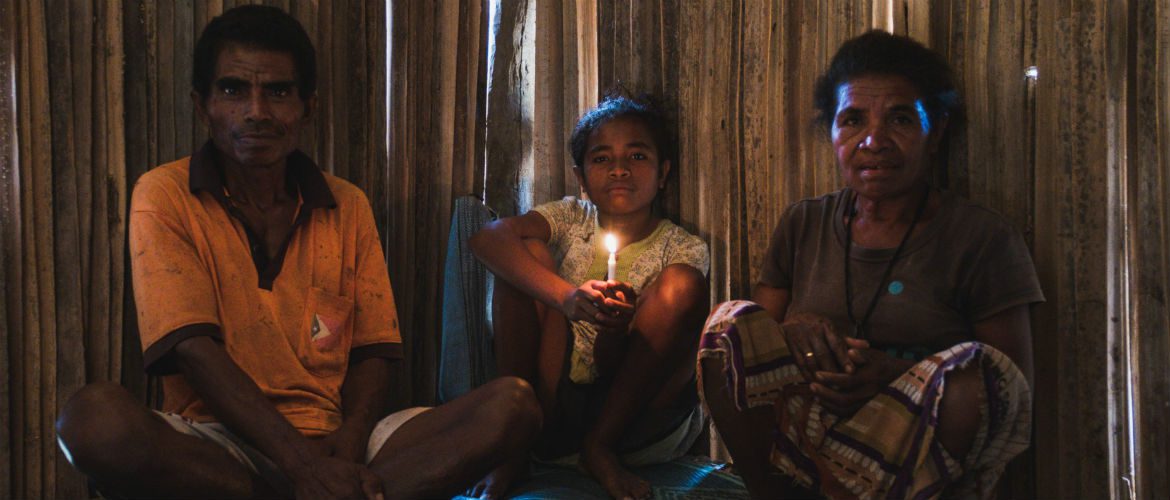
Families pray for food and water in Timor-Leste
After years of punishing weather, the hungry season has well and truly taken hold of families like Maria's.
READ MORE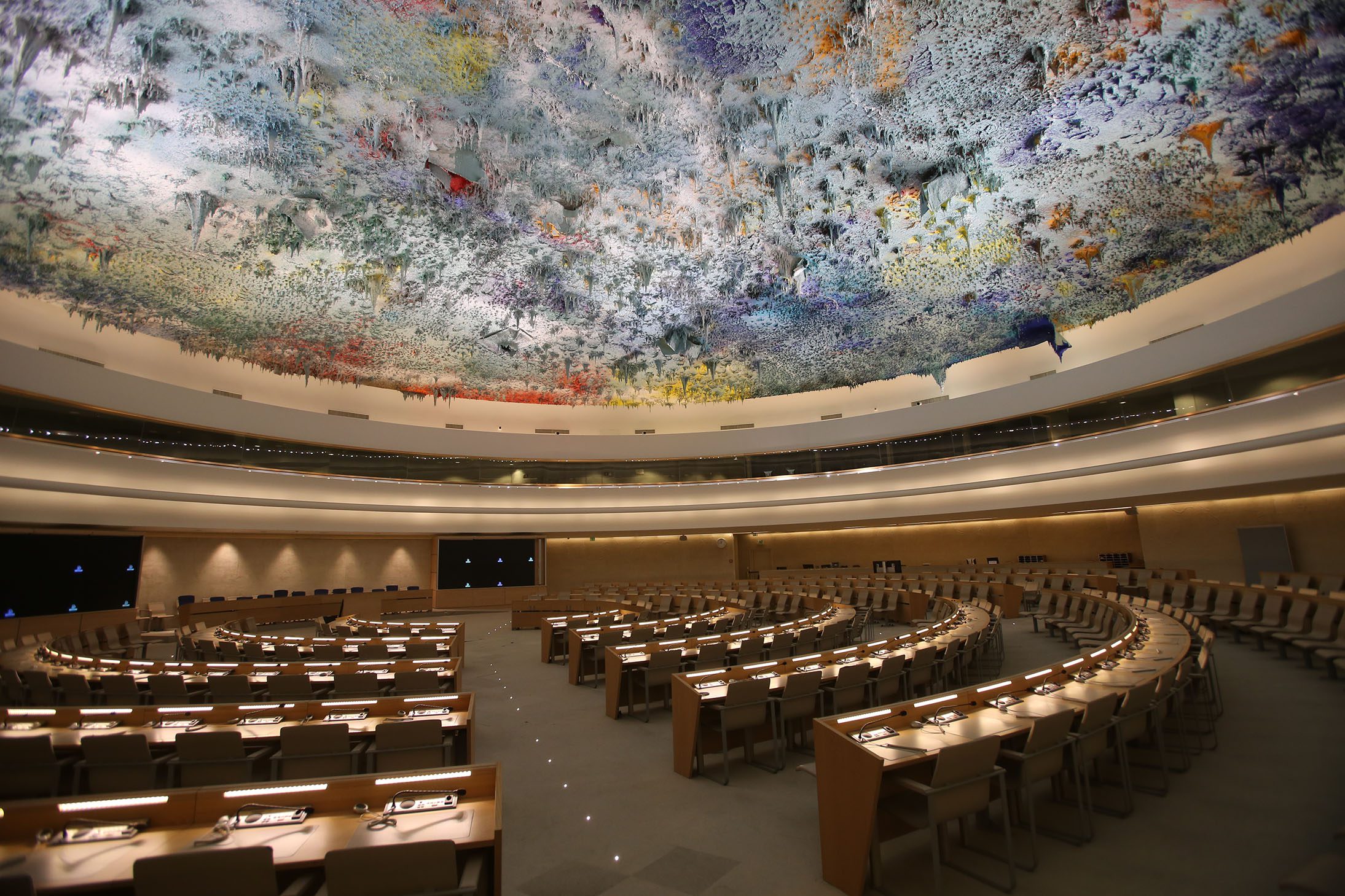
For Australia’s UN appointment to have credibility, we need lasting reconciliation with our First Peoples
For Australia’s appointment to the United Nations Human Rights Council to have any credibility, the Government should address the significant...
READ MORE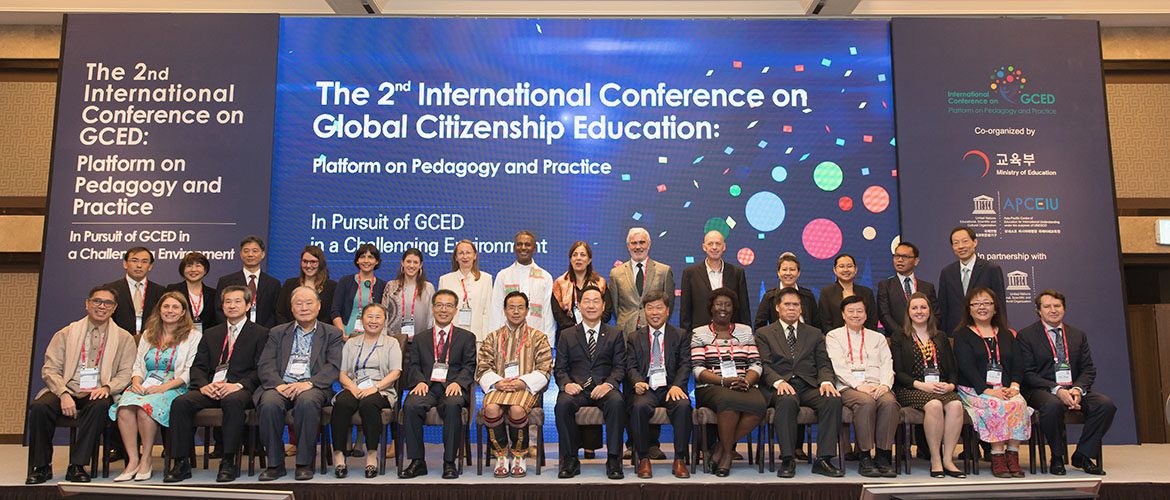
Teaching Controversial Issues: New PD Workshop for Teachers from Oxfam
Recently Oxfam's own Schools Program Coordinator Annalise De Mel presented a workshop on teaching controversial issues at a UNESCO global...
READ MORE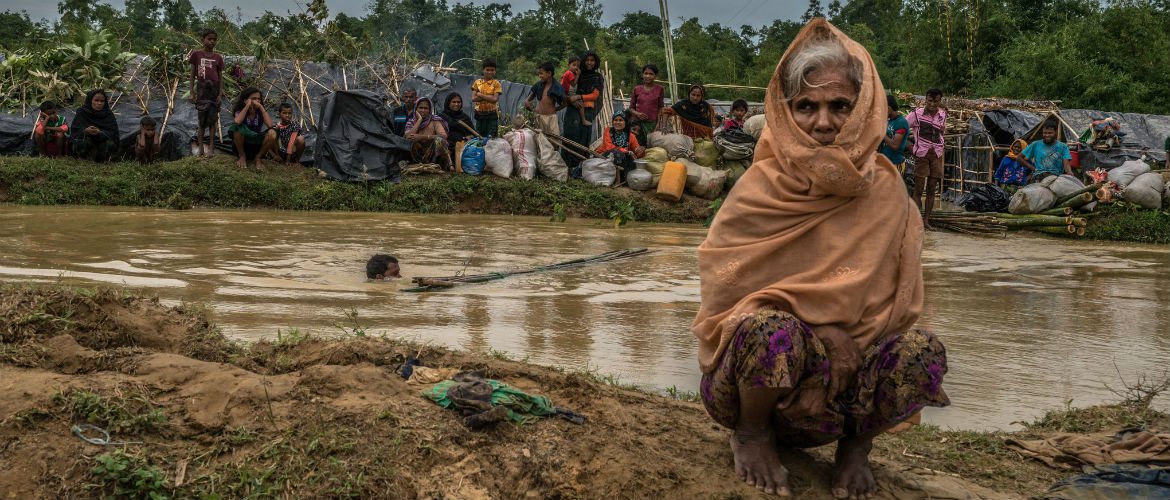
A humanitarian crisis is unfolding in Bangladesh
Hundreds of thousands of Rohingya families are living in makeshift camps, without shelter and clean water. If they're lucky, they...
READ MORE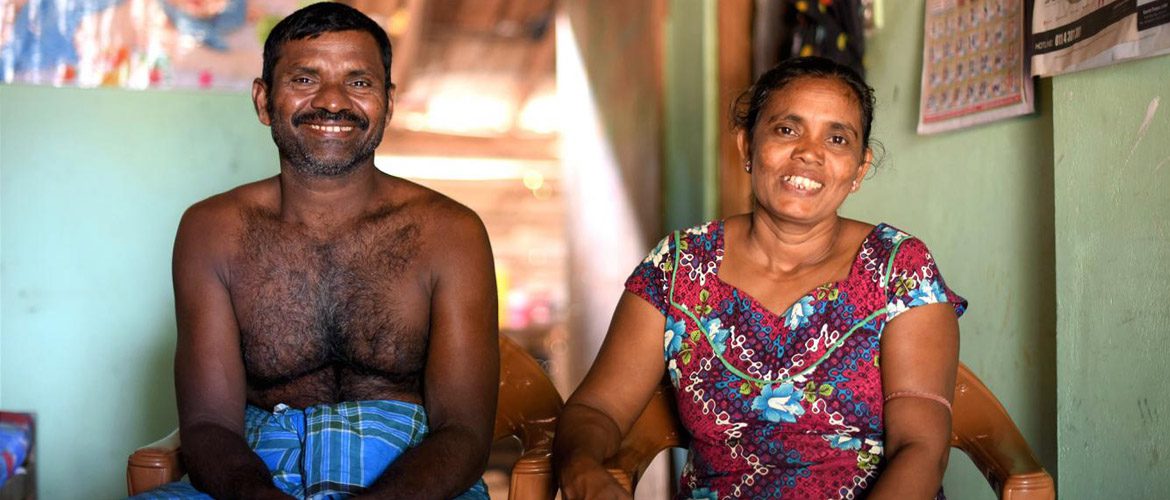
We’d like to dedicate this one to you
Last week, thanks to your support, Oxfam Australia was presented with ‘Best Social Innovation’ at the 2017 Australian Financial Review’s...
READ MORE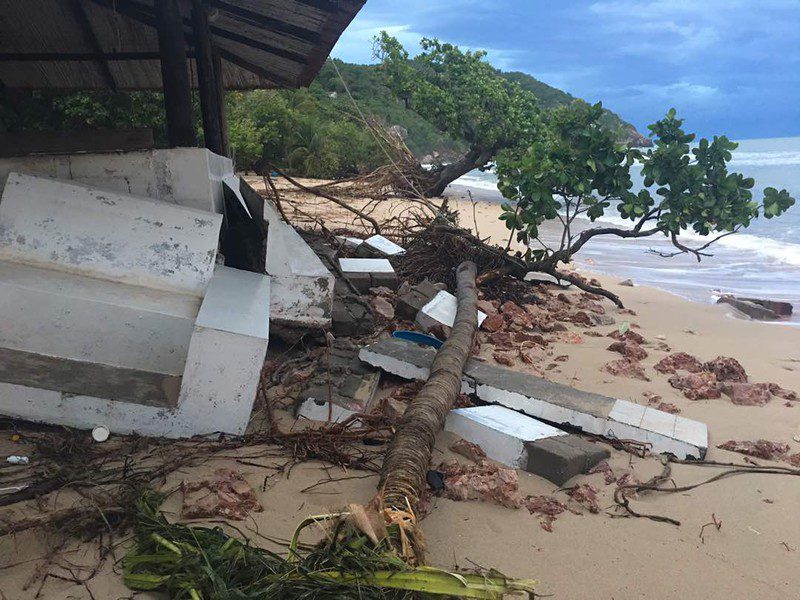
Hurricane Irma: Oxfam is ready to save lives
Oxfam is on the ground in Haiti, Dominican Republic and Cuba ready to mobilise when Hurricane Irma hits.
READ MORE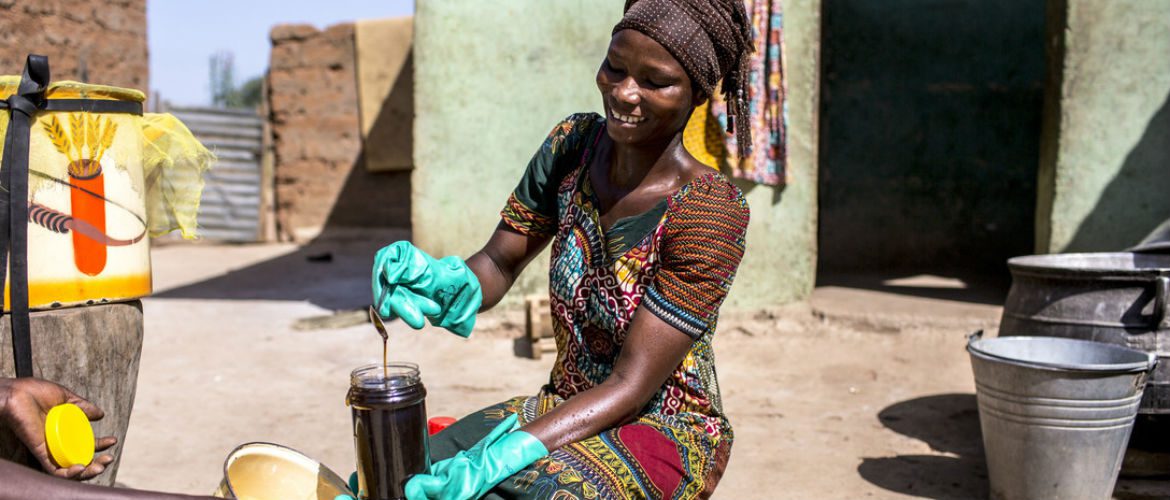
Meet the women in Ghana who are turning honey into money
Augustina, a mother of three, is defying tradition and gender inequality in rural Ghana, with her own thriving honey business.
READ MORE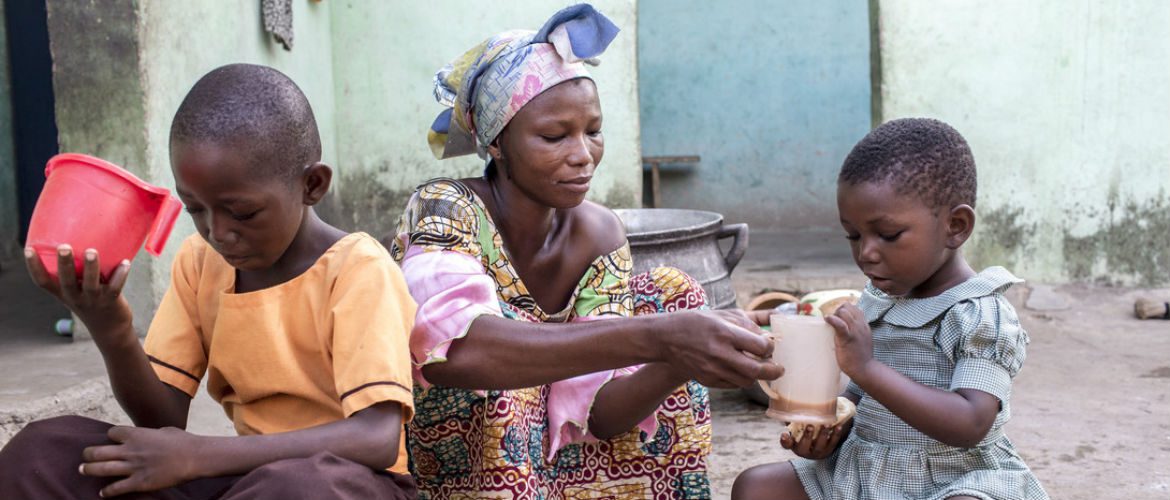
Helping Ghana’s poorest women turn money into honey
Augustina’s life was soured by hunger and uncertainty, until she was empowered, with the help of Oxfam, to start her...
READ MORE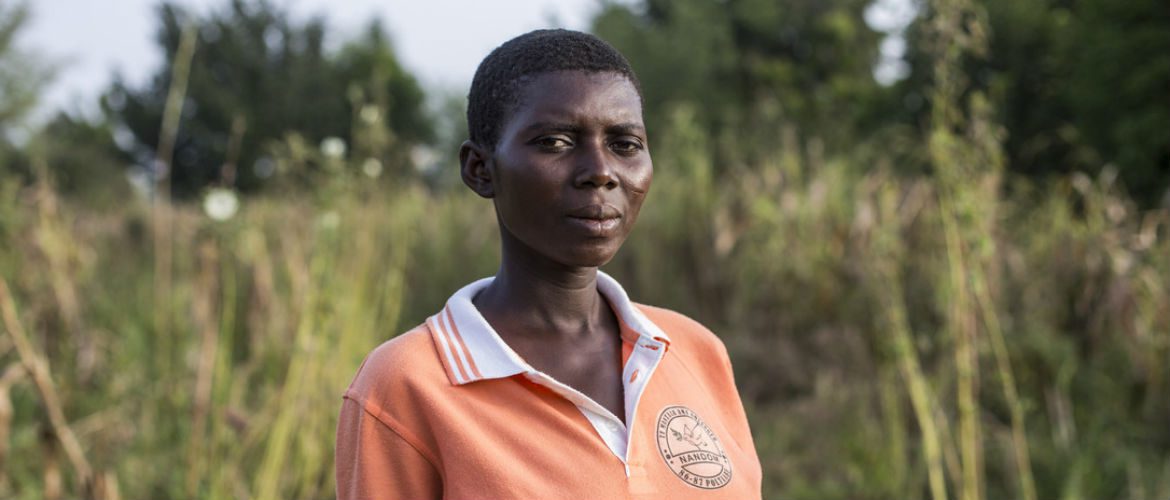
In rural Ghana, the greatest burden is carried by women
In rural Ghana, the pangs of the Hungry Season are felt in all corners of the community. But the greatest...
READ MORE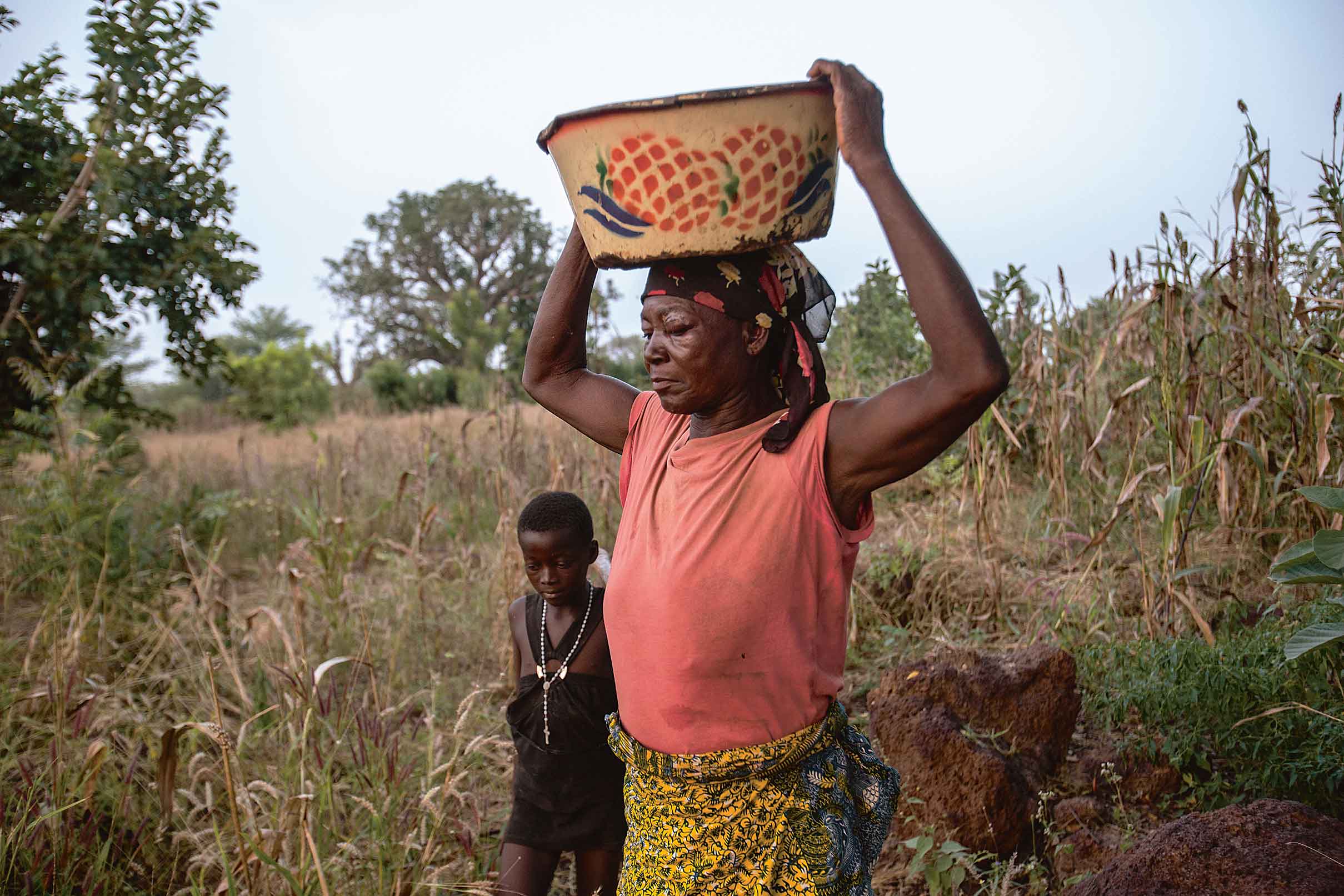
Women face hunger and hardship in rural Ghana
In rural Ghana, the odds are stacked against women like Beatrice. Unable to take part in the agriculture that sustains...
READ MORE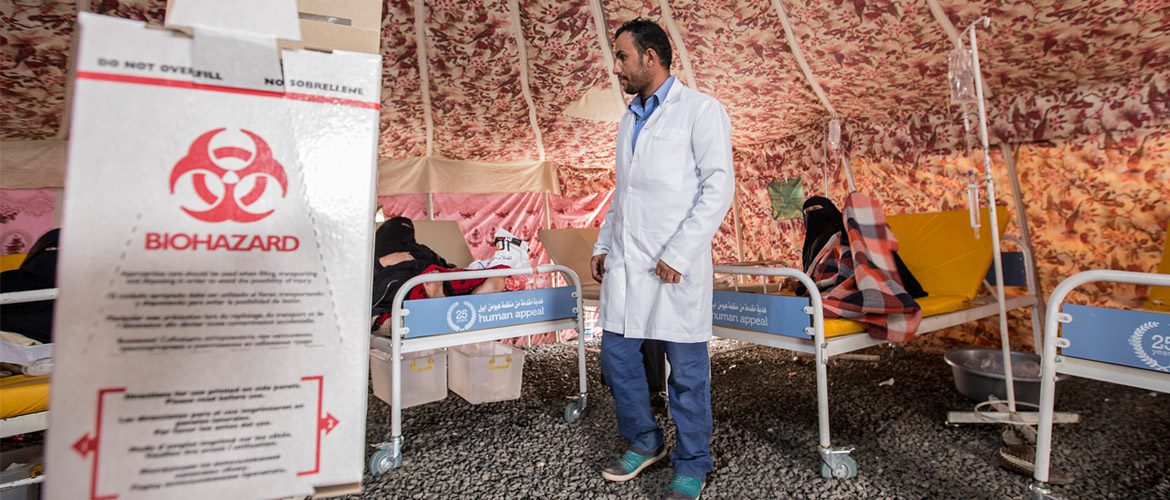
A race against time: how Oxfam is fighting cholera in Yemen
Two years of war have plunged Yemen into one of the world’s worst humanitarian crises and put the country at...
READ MORE